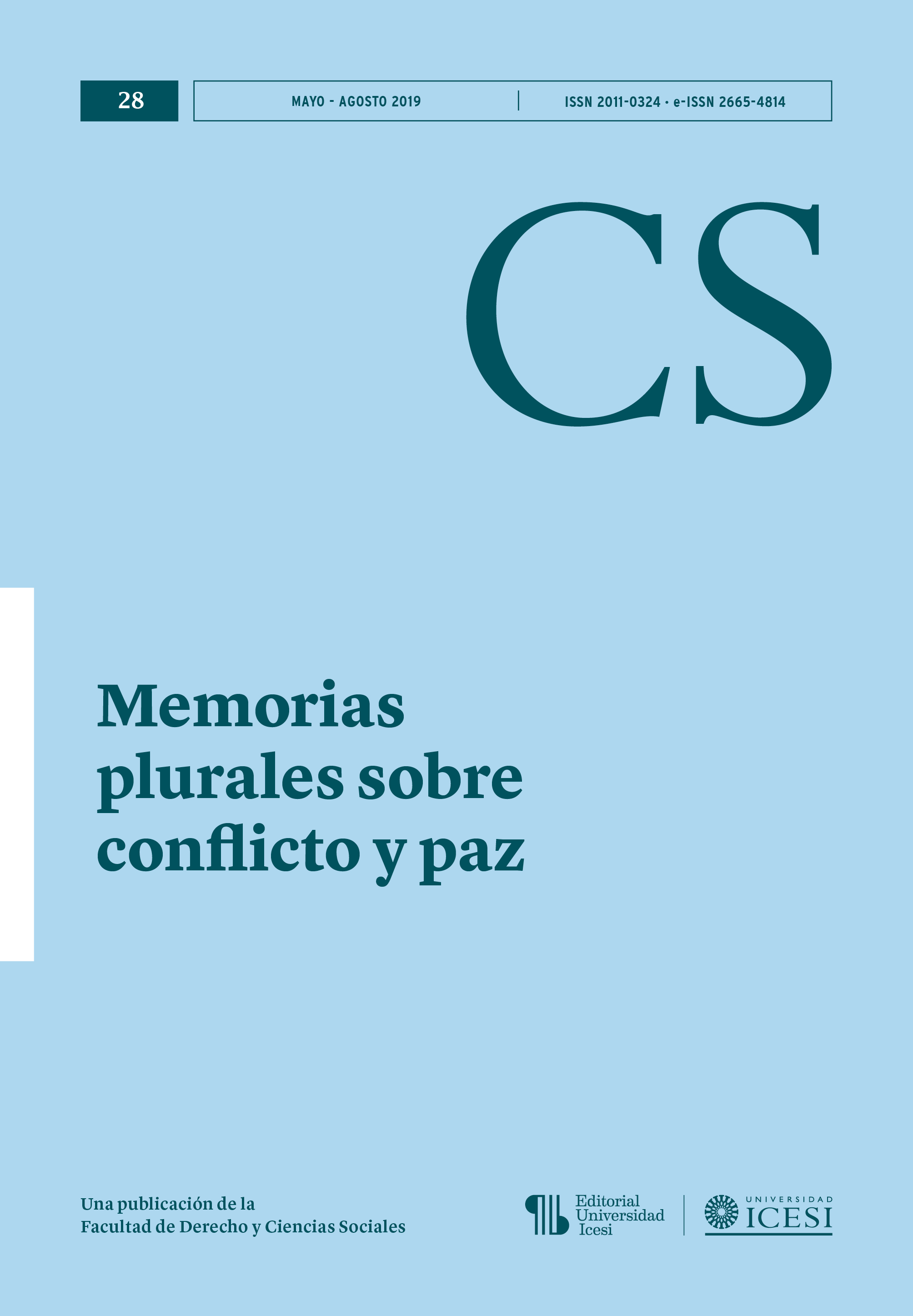Propuesta de diseño de alojamientos rurales indígenas en la comunidad Nasa-Páez en Toribío, Cauca. Turismo y cultura en el posacuerdo
DOI:
https://doi.org/10.18046/recs.i28.2568Palabras clave:
diseño participativo, alojamiento rural, turismo, indígena, posacuerdoResumen
El diseño de alojamientos turísticos rurales indígenas en el municipio de Toribío cobra importancia en el posacuerdo, debido a las alternativas de desarrollo turístico en territorios que vivieron el conflicto armado. Se proponen tres tipos de alternativas en una intervención gradual en asentamientos indígenas tradicionales, partiendo de la adecuación de una habitación, hasta la construcción de un módulo independiente, con el fin de incentivar la exploración de este tipo de servicios. Estos diseños se generan a partir de la consulta a grupos encargados de la planeación del turismo en Totibío, para respetar los aspectos de su cosmovisión y cultura.
Descargas
Publicado
Número
Sección
Licencia
Derechos de autor 2019 Julián Ricardo Ruiz-Solano, María Patricia Farfán-Sopo, Tomás Bolaños-Silva, Juan David González-Vallejo, Valeria Ruiz-Triana

Esta obra está bajo una licencia internacional Creative Commons Atribución-NoComercial 4.0.
© Derechos reservados de autor
El material de esta publicación puede ser reproducido sin autorización, siempre y cuando se cite el título, el autor y la fuente institucional.
El contenido publicado en Revista CS se distribuye bajo la licencia Creative Commons BY-NC 4.0 Atribución/Reconocimiento-NoComercial 4.0 Internacional.
Usted es libre de:
Compartir — copiar y redistribuir el material en cualquier medio o formato.
Adaptar — remezclar, transformar y construir a partir del material.
Bajo los siguientes términos:
Atribución — Usted debe dar crédito de manera adecuada, brindar un enlace a la licencia, e indicar si se han realizado cambios. Puede hacerlo en cualquier forma razonable, pero no de forma tal que sugiera que usted o su uso tienen el apoyo de la licenciante.
NoComercial — Usted no puede hacer uso del material con propósitos comerciales.












